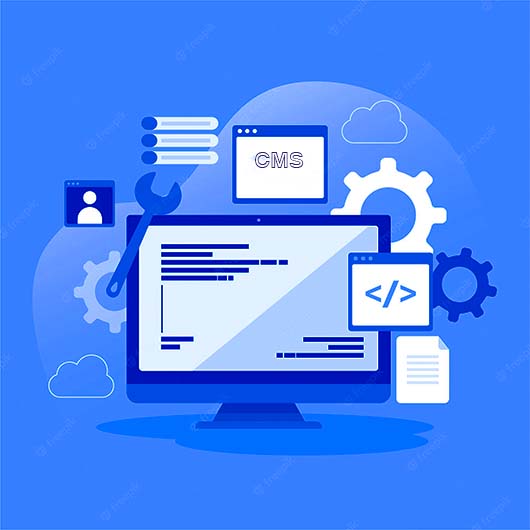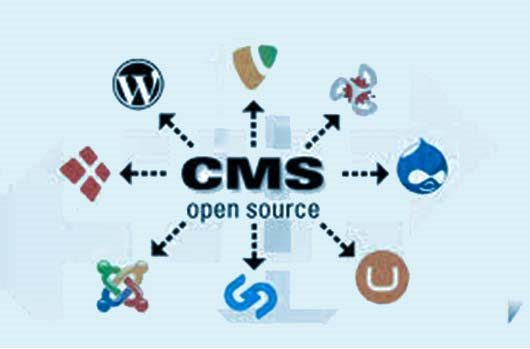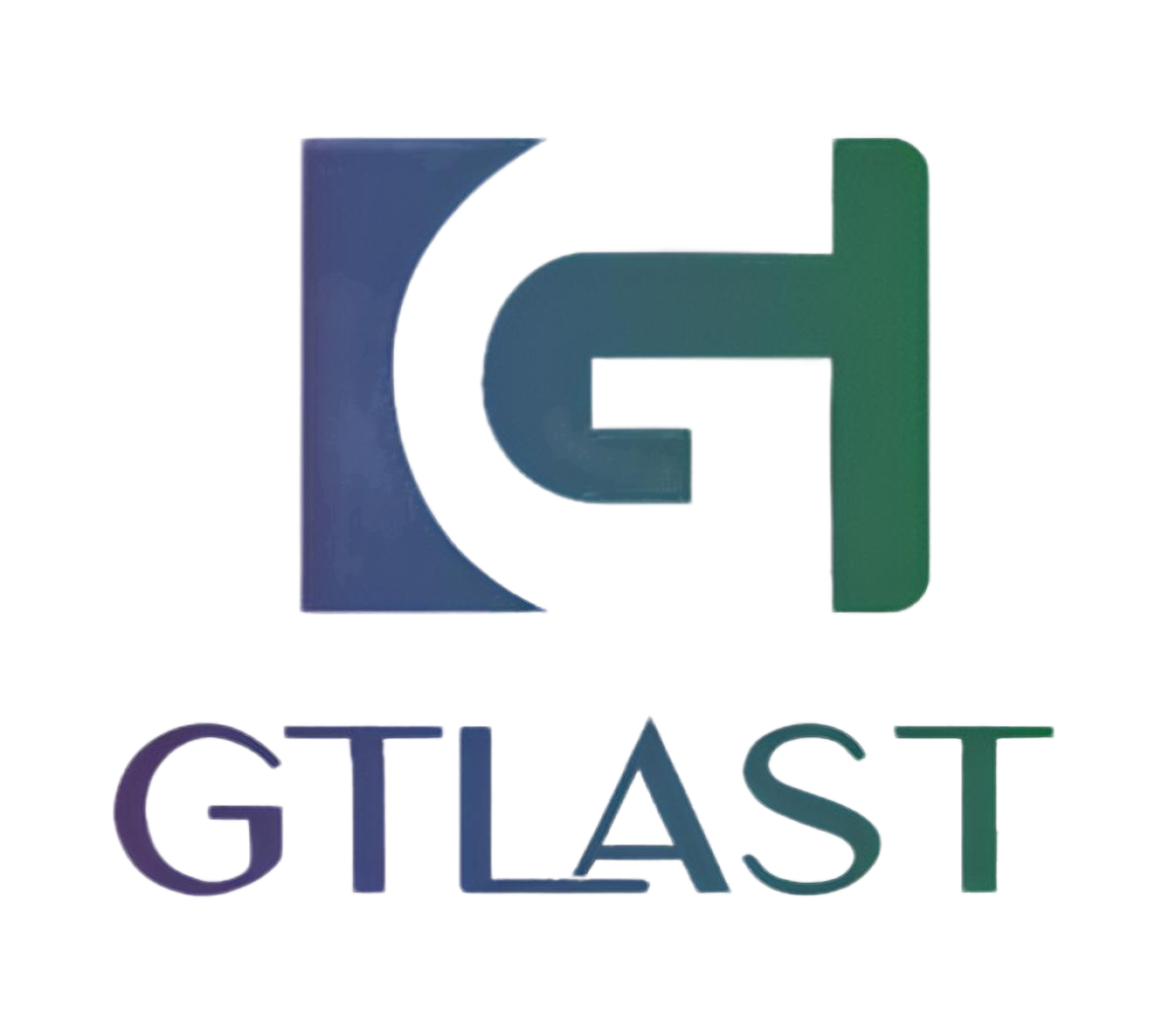Content management systems (CMS) are essential tools for managing content on websites. Every web developer and designer should have a deep understanding of how CMSs work and the features they offer. With that said, what exactly is a CMS? In this blog post, we will explore everything you need to know about CMSs and why they are important for website development.
We’ll discuss the different types of CMSs available, including open-source and enterprise offerings, and some of the key features to consider when choosing a CMS for your project. Finally, we’ll look at the implications of using a CMS for both developers and end-users. Read on to learn more!
What is CMS?
CMS is short for content management system. A CMS is a software application or set of related programs that are used to create and manage digital content. CMSes are typically used for enterprise content management (ECM) and web content management (WCM).

ECM covers a wide variety of content types, including text, images, videos, and documents. ECM tools are used to track and manage corporate information, such as contracts, financial reports, customer records, etc. WCM tools are generally used to create and manage websites. Both ECM and WCM can be used to create and manage mobile apps as well.
CMSes vary in their features and capabilities, but most include some combination of the following:
-A content repository or database where digital content is stored.
-An authoring environment that allows users to create, edit, and publish content.
-One or more publishing channels through which content is delivered to end users.
-Tools for managing workflow and permissions.
What are the benefits of using CMS?
There are many benefits of using CMS, including:
- Easier content updates: With a CMS, you can quickly and easily make changes to your website’s content without having to edit HTML code or mess with complex website files. This makes it much simpler and faster to keep your site up-to-date.
- Increased efficiency: A CMS can help you manage your website more effectively and efficiently, particularly if you have a large website or multiple websites. With a CMS, you can easily track and manage all of your website’s content in one central location. This can save you a lot of time and hassle in the long run.
- Improved search engine optimization: A good CMS will offer built-in features and tools that can help improve your website’s search engine optimization (SEO). This can mean better visibility for your site in search engine results pages, and ultimately more traffic to your site.
- Greater flexibility: A CMS gives you the ability to easily change the appearance and layout of your website without having to touch a single line of code. This means you can easily experiment with different designs and layouts to find what works best for your site without having to hire a web developer every time you want to make a change.
- Enhanced security: A CMS can help protect your website against security threats by providing features like password protection, user authentication, and activity logging. These features can help deter hackers and prevent.
What are the different types?
CMS is a software application or set of integrated tools that are used to create, manage, and publish content. The three most common types of CMS are web-based, desktop-based, and mobile-based.
Web-based CMSs are the most popular type of CMS. They allow users to create and edit content using a web browser such as Chrome, Safari, or Firefox. Web-based CMSs are typically hosted on a remote server and accessed through a web URL. Some popular web-based CMSs include WordPress, Drupal, and Joomla!.

Desktop-based CMSs are less common than web-based CMSs but they offer some advantages over their web-based counterparts. Desktop-based CMSs can be installed on a local computer and accessed offline. This makes them ideal for working with large amounts of content or for editing content offline. However, because desktop-based CMSs require installation on a local machine, they can be more difficult to use than web-based CMSs. Some popular desktop-based CMSs include Microsoft Word and Adobe InDesign.
Mobile-based CMSs are the least common type of CMS but they offer some unique advantages. Mobile-based CMSs are designed to be used on mobile devices such as smartphones and tablets. This makes them ideal for managing content on the go. Mobile-based CMSs usually have touch-friendly interfaces that make them easy to use on.
Which CMS is right for me?
There is no one-size-fits-all answer to this question, as the best CMS for you will depend on your specific needs and requirements. However, in general, if you are looking for a CMS that is easy to use and offers a wide range of features, then WordPress would be a good option. If you need a more powerful and flexible CMS, then Joomla or Drupal would be better suited.
How to get started with CMS
If you’re considering using a CMS for your website or blog, you’re in luck. There are many great CMS options available, and getting started with one is easier than you might think. In this article, we’ll give you an overview of what CMS is and how it can benefit your website or blog. We’ll also provide some tips on choosing the right CMS for your needs and walk you through the process of setting up a CMS-powered website or blog. By the end of this article, you’ll be ready to start using CMS to streamline your content management process.
Conclusion
A content management system (CMS) is a great way to take control of your website and keep it up-to-date with relevant information. Whether you’re looking to create a blog, an ecommerce store, or any other type of website, CMSs like WordPress can make the process easier by providing easy-to-use tools that help you customize your site without having to write code from scratch. With so many different options available for creating websites using CMSs, there’s no reason why anyone should have difficulty getting their website off the ground in no time.


